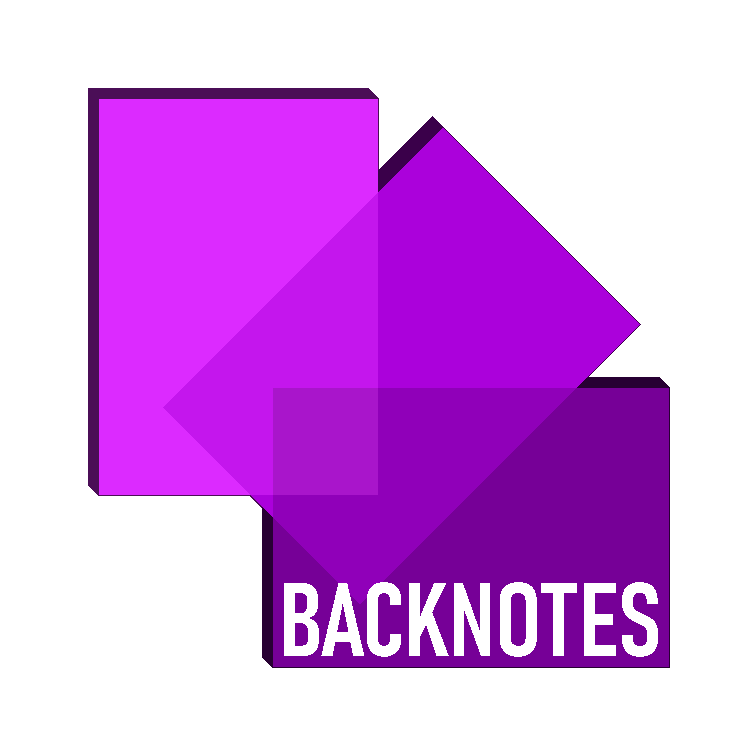
Business Activity
What are Economic Needs and wants?
Needs:
Economic needs are things that are essential to humans for survival. It is something they cannot live without.
(e.g. Food, basic shelter, clothes and clean water)
Wants:
Economic wants are things that aren’t necessarily essential to humans, rather something they desire to have. These ‘wants’ tend to make lifestyle better and comfortable.
(e.g. Expensive clothes, large houses, smartphones)
Define Goods and Services
Goods
Things that are tangible and are sold to buyers and consumers.
(e.g. Banana, Laptop, etc.)
Services
Things that are intangible. They are also sold, just not physically.
(e.g. lawyers, teaching, etc.)
What are the 4 Factors of Production?
Land
Land refers to all natural resources needed to produce a good or service.
(e.g. water, wood, metals, minerals, etc.)
Labor
Labor refers to all human efforts to produce goods or services. It can be broken down into two types, Mental and Physical effort. Mental effort is when people use their minds and intelligence to work, whereas Physical effort is when humans use their hands to physically produce goods and services.
Capital
Capital refers to man-made resources such as machinery that are used to produce goods and services. Money is also considered capital as it facilitates trading.
Enterprise
Enterprise is the risk-taking ability of a businessman/woman to bring together the factors of production to produce goods and services. They organize production and take huge risks while doing so as they don’t know whether they will produce profits or make losses.
What is the Economic Problem?
The various factors of production are limited in the world, as resources are finite. However, human desires keep increasing. The human population is constantly increasing and with that, they evolve. They tend to want the better and luxurious things in life, and the goods and services used to produce these ‘wants’ are finite. This cycle leads to scarcity. This is the basic Economic Problem.
What is Opportunity Cost?
When an option is chosen from alternatives, the opportunity cost is the “cost” incurred by not enjoying the benefit associated with the best alternative choice. E.g if a person wants to purchase shoes or a phone but only has money for one, they will have to buy the shoes as it is essential for survival. This person has bought shoes at the opportunity cost of not buying the phone.
Specialization and Division of Labor
Specialization
In all societies, the factors of production are in limited supply. It is therefore important to use these resources in the most efficient ways possible. Very few products are now made just by the efforts and skills of one worker. Nearly all workers specialize in one skill and most businesses specialize in one product.
Division of Labor
The separation of tasks set by an organization in any business model so that individuals may specialize. For e.g, a manufacturing company might want to divide its labor into managing machinery and delivery.
What is Added Value and how is it calculated?
Added Value is when a good or service has some sort of additional value to it, compared to others. It could be as simple as better packaging, or better branding.
(e.g Dairy Queen could have added value to it’s chocolate when it adds new flavours to it)
Added value gives the producer reason to increase prices, leading to better profit margins.
To Calculate added value, simply subtract the cost of making by the selling price.
Selling Price – Making Cost = Added Value
(e.g. if it takes 3 Dhs to make a smoothie but the company charges 10 Dhs, the added value = 10 – 3 which is 7 Dhs. The seller is making 7 Dhs profit from the equation.)
